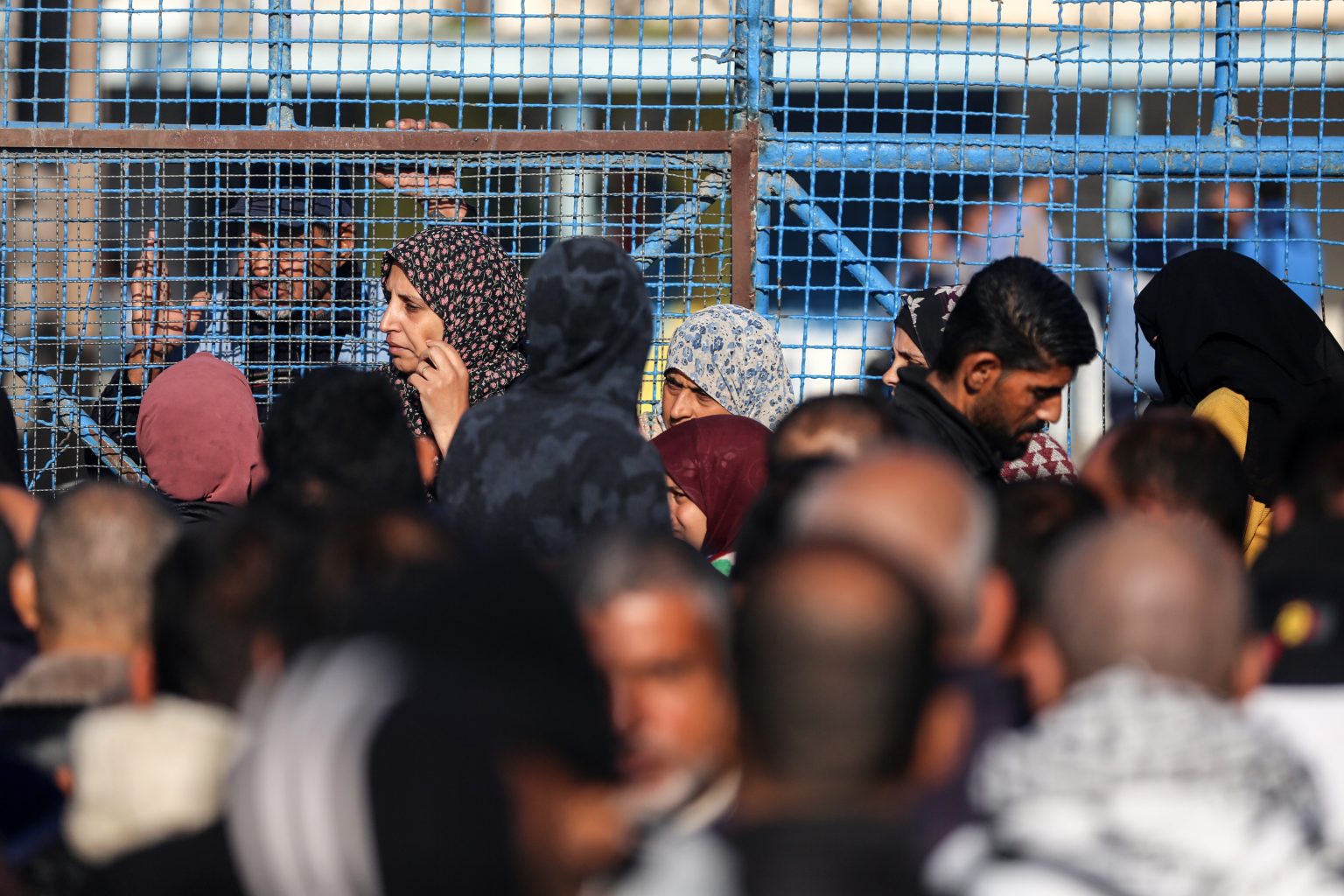The White House is considering resettling Palestinians from the Gaza Strip to the United States, sparking concerns about potential terrorism and assimilation challenges. Hamas has been in control of Gaza since 2007 and has instilled a dangerous mix of anti-Semitic, anti-Christian, and anti-American ideologies among the population. Experts warn that relocating Gazans to the U.S. without proper education may pose a threat, similar to taking al-Qaeda members to the country.
There is a divide among Gazans regarding the idea of resettlement to the U.S. While some believe it may provide a better future for their children, others are vehemently against leaving their homeland, insisting that it signifies a lack of loyalty to Gaza. Pro-Hamas protests on American college campuses have shown support for the idea of resettlement, with some Gazans feeling that Hamas backs these demonstrations as well.
The U.S. State Department has already provided support for over 1,800 eligible individuals from Gaza who have departed or want to depart, including U.S. citizens, lawful permanent residents, and their families. These individuals undergo thorough vetting to ensure the safety and security of the American people. The State Department has been clear that any forced relocation of Palestinians from Gaza or redrawing of borders is rejected by the U.S.
Critics of the Biden administration’s plan to bring Gaza refugees into the U.S. argue that the open border approach and inadequate vetting process for legal immigrants pose national security risks. The administration’s efforts to evacuate civilians from conflict zones in Gaza, while praised internationally as a humanitarian effort, are seen by some Palestinians and Arabs as a conspiracy to force Palestinians from their homes. There is skepticism about the impact of these policies on the situation in Gaza.
Inbari, an expert on Palestinian society, remains hopeful that rebuilding efforts led by countries like the United Arab Emirates can bring positive change to Gaza. He believes that Gazans may eventually realize they were brainwashed by Hamas and that a similar awakening happened in Syria after many Syrians came to understand that they were manipulated by Assad’s regime for years. The key may be providing resources for Gazans to rebuild and recover, leading to a shift in their ideologies.
Overall, the potential resettlement of Palestinians from Gaza to the U.S. remains a controversial and complex issue. While some see it as an opportunity for a better future, others are wary of the implications for national security and assimilation. The U.S. government’s commitment to thorough vetting and rejection of forced relocations is crucial in navigating this delicate situation.













